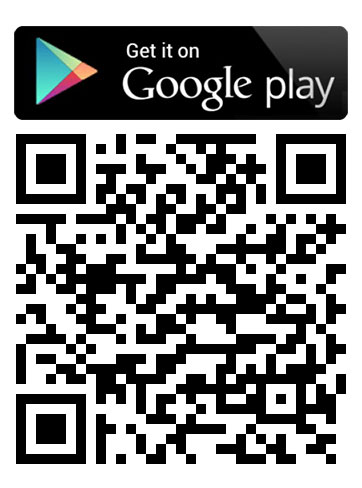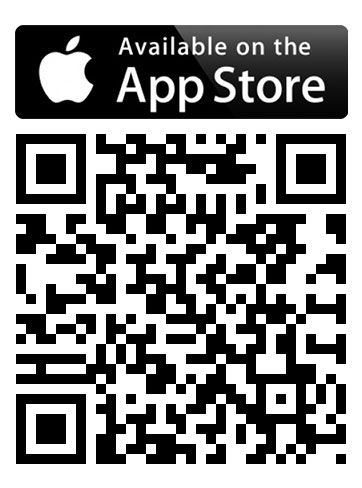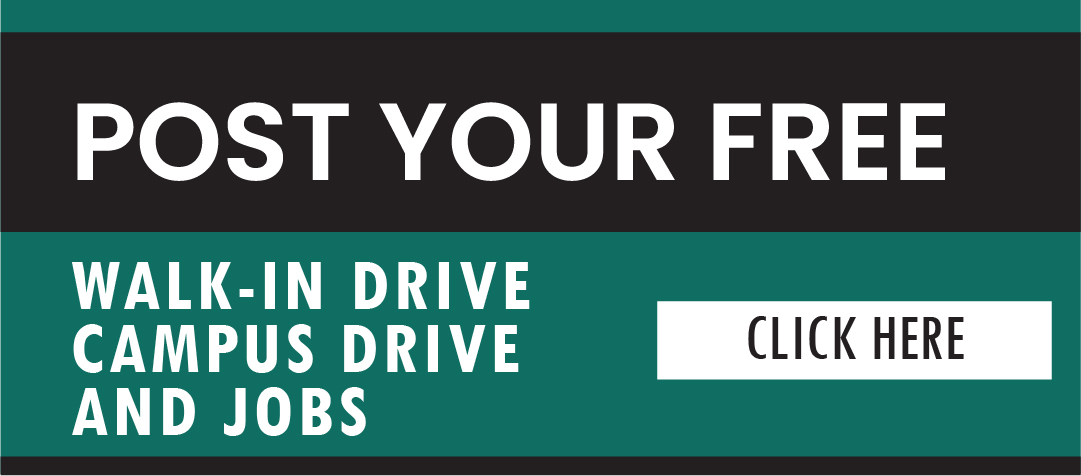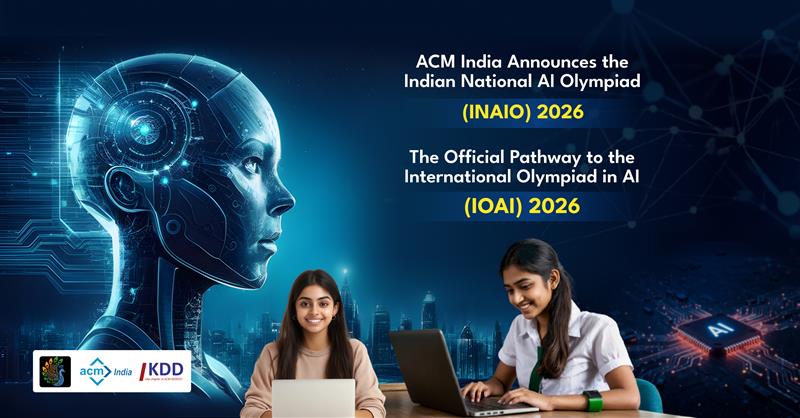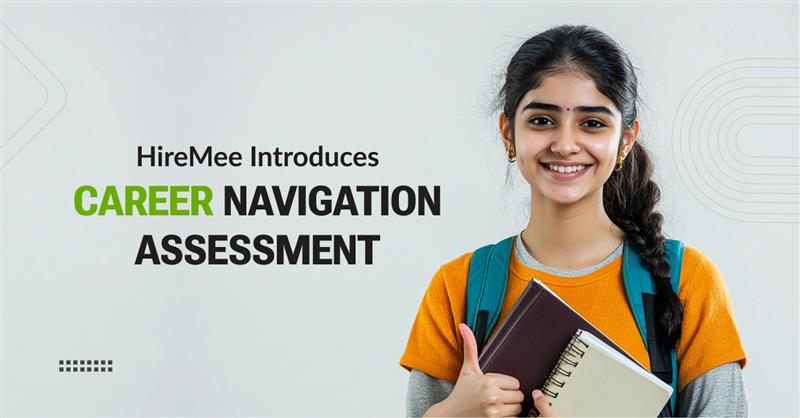Right Assessments Key in War for Talent
The essence of an effective platform is in keeping pace with new technologies and providing real-time evaluation of a candidate’s performance Have you ever thought about the major challenges faced by talent acquisition teams, business/delivery owners and HR leaders. They range from finding the right combination of skill sets, aptitude and attitude, to spotting the right talent within the given budget at one end, to onboarding them at the right time, shrinking time from hiring to billability, to providing objective evaluation, to assess competencies on a periodic basis.
The dream combination that recruiters look for are sound technical and domain skills and professional and interpersonal skills. The professional skills include traits such as collaborative skills, problem solving, critical thinking and communication which are critical for surviving and thriving in this VUCA world.
While the expertise level on domain and technical skills can be identified from the individual’s degree (undergraduate or postgraduate) and certifications, the rest is best evaluated using appropriate assessments. In my personal experience, I have come across several instances where candidates are chosen based on their domain competency but fall woefully short because of poor communication and collaboration skills. Therefore, A holistic assessment of candidates is key to determining the fitment against specific job role. The success mantra would be in choosing the right set of assessments depending on the job role, experience level and of course, the right assessment partner.
The success mantra
The role of evaluation becomes essential especially as the organisation scales, making it impractical to assess individuals manually. Assessments assist in (i) objective and standardised way to evaluate individuals, (ii) Predict job fitment and subsequent job performance, (iii) informed decision on hiring leading to minimised risks and associated costs, (iv) eliminate biases, (v) identify skill gaps and bridge via appropriate training programmes, (vi) spot talent for career development, (vii) evaluate problem solving ability via software programming tools and (viii) holistic assessment of potential as well as current employees.
Apart from the traditional assessment types such as psychometric, cognitive, communication, there are few areas gaining traction.
A WHO report indicates that globally, an estimated 12 billion working days are lost every year to depression and anxiety, at a cost of $1 trillion per year in lost productivity. Given the increased public awareness of mental health, impact of global events such as Covid-19 and increased stress levels, organisations are focused on offering mental wellbeing assessments to identify symptoms and provide necessary support.
Technology is prevalent across all industry verticals. New age technologies such as AI/ML, blockchain, RPA, can be effectively used only with adequate domain skills. While most students and individuals go through some software-related programs and acquire certificates, only few can understand the problem statement and build software to solve the defined problem. Organisations are using coding platforms to assess candidate’s ability across required programming language(s). The essence of an effective platform is in keeping pace with new technologies and providing real-time evaluation of a candidate’s performance.
With the increasing career opportunities, many people are unable to make career choices. Diagnostic and career readiness assessments assist individuals in identifying career paths based on their respective strengths, interest areas(s) and proximity to their existing competencies.
It is important for organisations to identify the right assessment partner and choose relevant assessment types as it further enhances the reach of the corporates and reduces the hiring cycle drastically.
(The writer is Senior VP at Vee Technologies and head of HireMee)
News Link
